Kush, a biblical land, might be today's Sudan; discover the intriguing link between ancient scriptures and modern geographies.
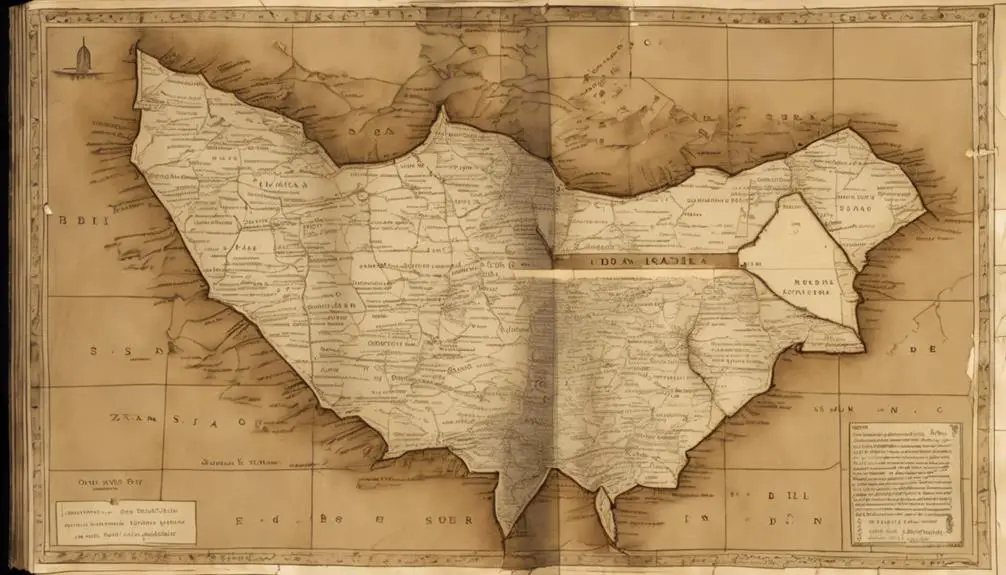
Is Sudan Mentioned in the Bible
Have you ever pondered whether Sudan is mentioned in the Bible?
Some scholars argue that the ancient region of Kush, frequently referred to in Biblical texts, aligns with the modern location of Sudan.
Others, however, propose different geographies.
Let's explore this intriguing topic together, shall we?
The complexities and varying interpretations will undoubtedly spark your curiosity and stimulate a deeper understanding of Biblical geography.
Key Takeaways
- Modern Sudan's borders don't align with biblical Kush, leading to debates on its biblical presence.
- Christianity's deep history in Sudan links it to biblical narratives and Christian heritage.
- Kushite Kingdoms and Nubia, closely related to Sudan, have significant roles in biblical stories.
- Kush's religious practices and cultural influences, including worshipping Yahweh, reflect in Sudan's unique culture and societal norms.
Biblical Geography and Modern Sudan
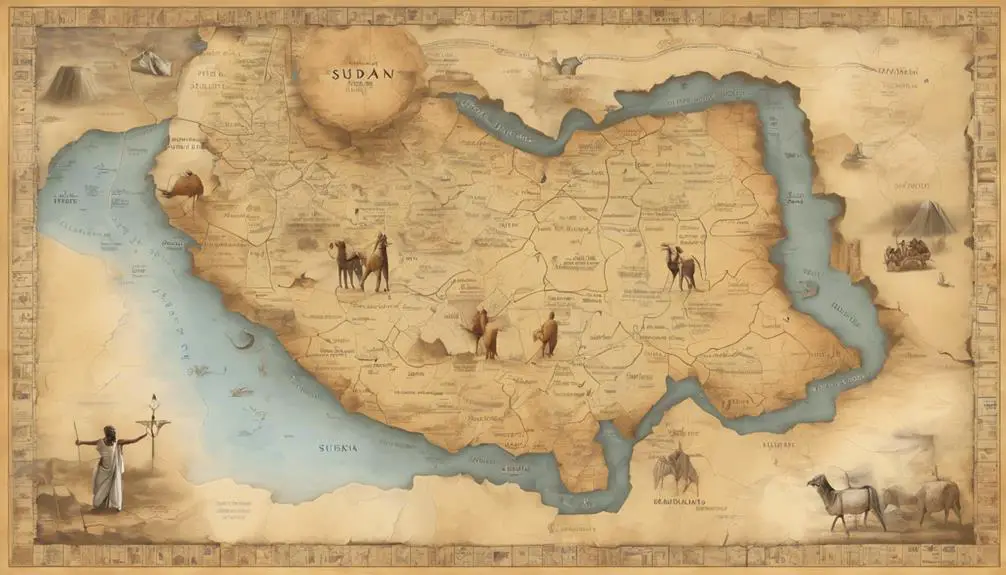
Often, when considering Biblical geography, it's crucial to understand that modern Sudan may not directly correlate with any specific region mentioned in the scriptures. You must remember that national boundaries have shifted significantly over the millennia. Don't let this deter you from exploring Sudan's Christianity and its ancient roots, though.
Sudan's Christianity, while not explicitly mentioned in the Bible, has a deep history intertwined with the broader Christian narrative. It's believed that Christianity reached Sudan around the sixth century, long after the Biblical era, yet it thrived there for centuries before the rise of Islam.
When discussing 'Biblical Sudan', it's important to make a clear distinction between the ancient civilizations that existed in the area now known as Sudan and the modern nation-state. The ancient civilizations, such as the Kingdom of Kush, had their distinct cultures, religions, and political structures that were separate from those of the Israelites and other Biblical peoples.
Understanding Biblical Kush
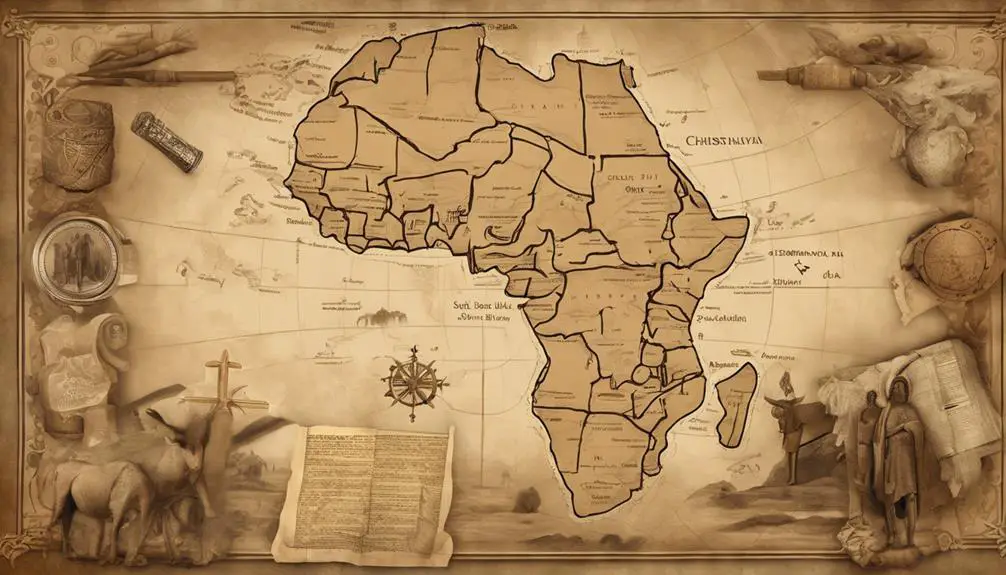
Delving into Biblical Kush, it's essential for you to comprehend that this ancient civilization, now part of modern Sudan, held a significant role in the historical narratives of the Bible. The Kushite Kingdoms, known for their power and influence, were integral figures in the biblical context.
To give you a clearer picture, let's consider a table:
Period |
Kushite Kingdoms |
Religious Implications |
|---|---|---|
Early |
Prominent Power |
Worship of Yahweh |
Middle |
Decline |
Shift in religious practices |
Late |
Revival |
Return to old faith |
This table encapsulates the transition of the Kushite Kingdoms over time and their religious implications, presenting a vivid story of rise, fall, and revival. You'll notice the ebb and flow of their power and the shifts in their religious practices. This adds layers to their significance in biblical narratives.
Biblical References to Ancient Nubia
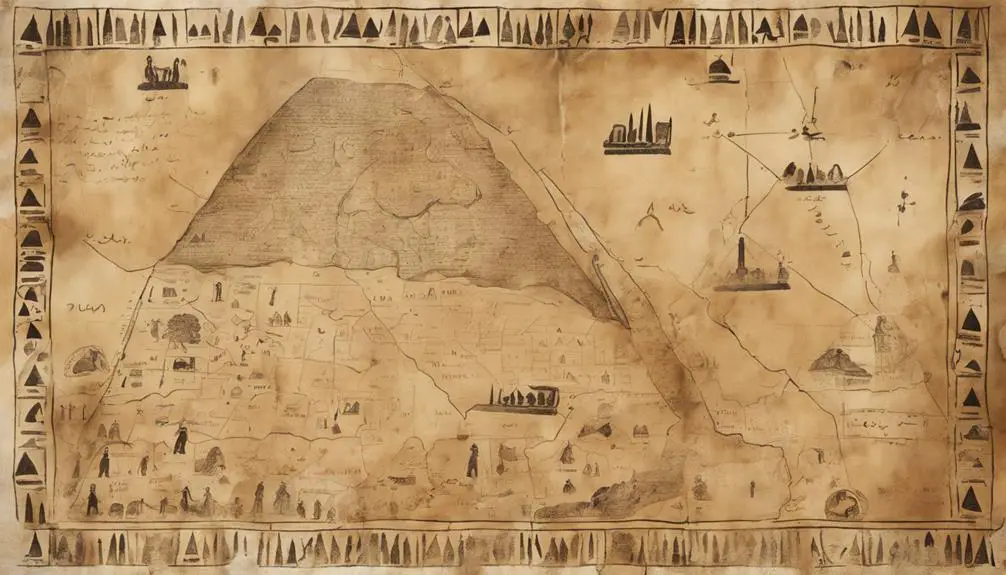
Building on the understanding of Biblical Kush, it's crucial to examine the biblical references to Ancient Nubia, a region closely linked to the Kushite Kingdoms. The Bible doesn't explicitly name Nubia, but many scholars argue that it's represented in the term 'Kush.' The Nubian Pharaohs, who ruled Egypt during its 25th Dynasty, are believed to be Kushites. References to these Kushite rulers in the Bible, notably in Isaiah 18, Jeremiah 46, and Ezekiel 30, often depict them as powerful adversaries.
The religious influence of Ancient Nubia is also subtly presented through biblical texts. The Nubians worshipped a pantheon of gods, including Amun, a deity who was later incorporated into the Egyptian and Hebrew pantheons. Some scholars argue that the Queen of Sheba, mentioned in Kings 10:1-13, could have been a Nubian monarch, offering a potential link to Nubia's religious influence on biblical narratives.
Comparisons Between Kush and Sudan
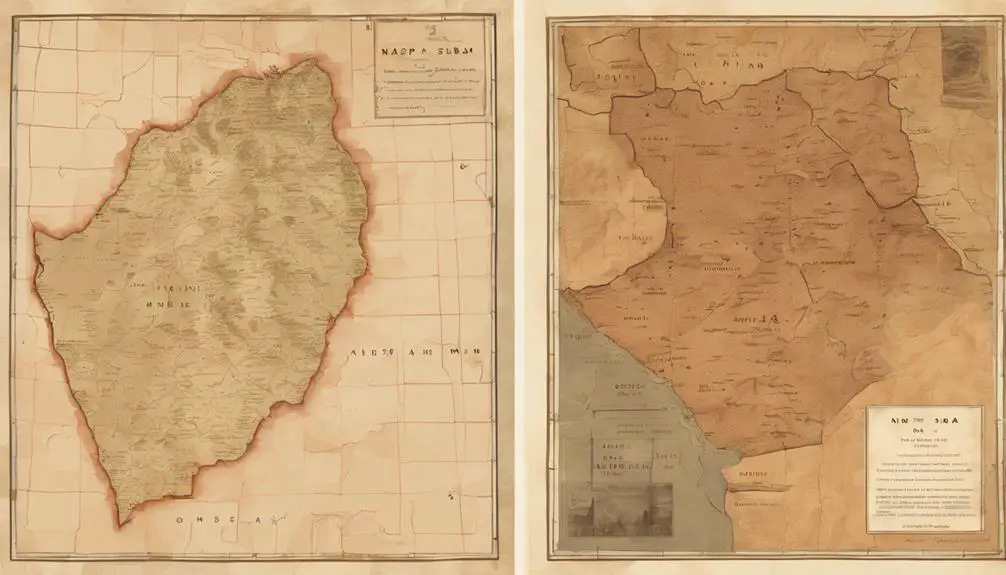
Drawing parallels between ancient Kush and modern Sudan can help us better understand the socio-cultural dynamics of these regions and their possible links to biblical narratives. The Kushite Pharaohs, who ruled over the Nile Valley, are considered the predecessors of modern Sudanese society. Their influence is evident in the unique blend of African and Middle Eastern cultures that characterizes Sudan.
The subsequent influence of Sudan's Christianity, which took root after the fall of the Kushite empire, also ties the modern nation to its ancient predecessor. Christianity was a powerful force in Kush, shaping its laws, arts, and everyday life. Similarly, Sudan's Christian heritage has profoundly influenced its cultural, political, and social norms.
Despite the many centuries that separate Kush and Sudan, their shared legacy is unmistakable. The Kushite Pharaohs' enduring impact, coupled with Sudan's Christianity, connects these two entities across the ages. This connection is a testament to the enduring power of cultural and religious traditions, which continue to shape societies long after their initial inception.
Interpretations and Controversies
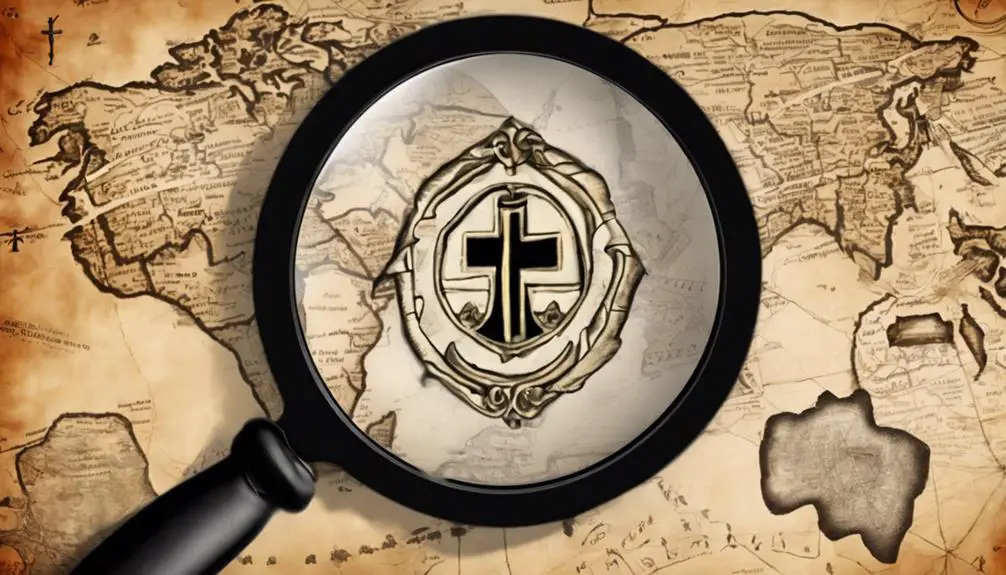
While the ties between Kush and modern Sudan are fascinating, they've also given rise to varied interpretations and sparked several controversies, especially in the realm of biblical scholarship. The complexity of the issue stems from different scriptural interpretations, and the ambiguity of ancient geographical references.
You'll find that the Bible doesn't provide clear-cut boundaries for Kush, leading some scholars to assert that it encompasses modern Sudan, while others contend it referred just to the upper Nile region of Egypt. This lack of clarity fuels the ongoing biblical controversies.
Furthermore, the interpretation of certain biblical narratives adds another layer of complexity. For example, the story of Moses marrying a Kushite woman has led to debates about racial identity and the social dynamics of ancient societies. Some argue that this lends credence to Sudan's presence in biblical times, while others view it as a simple metaphorical device, not a literal geographical reference.
Frequently Asked Questions
What Is the Current State of Christianity in Sudan?"
You're asking about Christianity in Sudan.
Regrettably, religious freedom isn't fully realized there. Christian persecution is quite rampant, with believers often facing harassment and discrimination. The government favors Islam and makes it difficult for Christians to practice their faith openly.
Despite the challenges, Christianity's presence persists, demonstrating the resilience of the Christian community.
It's a complex situation, reflecting deeper issues of human rights and religious tolerance in the country.
Are There Any Known Archaeological Findings in Sudan That Correlate to Biblical History?"
You're asking if there are archaeological findings in Sudan that align with biblical history.
Indeed, Sudan, rich in ancient civilizations, has unearthed numerous biblical artifacts. These discoveries provide a glimpse into the region's past, potentially correlating with biblical narratives.
However, it's crucial to approach such findings with a discerning eye, as historical interpretation often varies.
To fully appreciate these artifacts, one must understand the complexity of intertwining historical, cultural, and religious narratives.
How Has the Interpretation of Sudan's Mention in the Bible Evolved Over Time?"
You're delving into how biblical interpretations of Sudan's significance have evolved over time. It's not a straightforward task, as these interpretations rely heavily on historical, cultural, and linguistic contexts.
Over time, you'll find shifts in understanding due to new archaeological findings, linguistic studies, and a broader understanding of ancient cultures. It's fascinating, yet complex, as each new piece of evidence can potentially reshape our understanding of biblical references to Sudan.
What Are the Main Differences Between the Ancient Kingdom of Kush and Modern-Day Sudan?"
You're comparing ancient Kush to modern-day Sudan, it's quite a study.
The main differences lie in structures and societal influence.
Kushite architecture, with its distinctive pyramids, is a far cry from Sudan's contemporary buildings.
Additionally, Kush was heavily influenced by Nubian culture, shaping its art, language, and religion.
However, modern Sudan includes an array of influences, not just Nubian, and its societal structures have evolved significantly from Kush's time.
What Are Some Other African Countries Mentioned in the Bible?"
You're curious about other African nations referenced in the Bible besides Sudan.
Well, various Biblical African Kingdoms are indeed mentioned. Ethiopia, for instance, is frequently noted in the Old and New Testaments.
Egypt also holds substantial significance within Biblical narratives.
Conclusion
So, you've explored the connections between Sudan and the Bible, delving into Biblical Kush and ancient Nubia.
You've compared Kush with modern Sudan and wrestled with interpretations and controversies.
It's clear that while Sudan isn't directly mentioned in the Bible, the likely references to it through the ancient kingdom of Kush make it an intriguing part of Biblical geography and history.
There's much to ponder in this intersection of sacred scripture and modern nationhood.



Sign up